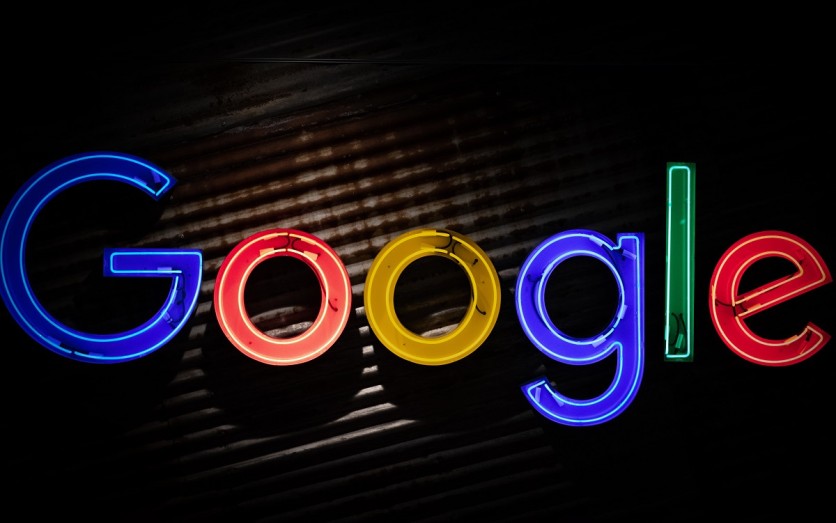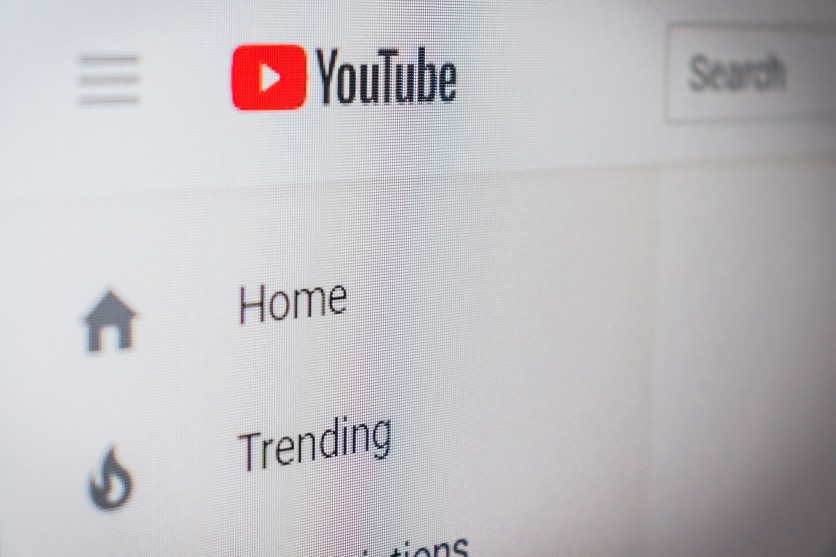Google has been widely used across the globe and users are not aware they have been doing some jobs for the tech giant - for FREE. These are tasks that could have cost billions of dollars if people would bill Google for the work they imparted.

YouTube translate
In 2017, YouTube released a feature that would allow users to translate the video titles and descriptions into other languages. Google claimed this feature would allow video creators to connect with greater audiences who speak other languages.

Of course, this would mean more people would watch videos in YouTube, so the company would earn more money. While creators who monetize their videos would also earn more, others who translate is being unpaid even it required a lot of effort.
reCAPTCHA
When trying to access Google services, the website might be asking you to enter CAPTCHA. While it seems annoying, reCAPTCHA is worse. To prove that you are not a robot, Google would sometimes require you to track images of cars, buses, traffic lights, and signposts.
Why does this feature only contains images you see while driving? This is because Google uses reCAPTCHA to train the artificial intelligence for its self-driving car, so you are essentially teaching driverless cars to recognize those objects. This was confirmed by Google when it wrote on its developer blog in 2012 that it was "redirecting the efforts" into improving machine learning.
Local Guide
Google users usually seek for information about some locations or local businesses. Since Google would not afford to pay to collect these data, it created the Local Guides program.

This would allow the "local guides" to add photos, comments, and reviews about popular locations to Google Maps. Instead of paying the local guides for doing these much work, Google rewards them with points for the information they share in Google Maps.
Once they get enough points, local guides get a badge. When they continue with doing a great job, they earn more points and get a bigger badge. Also, local guides may receive gifts such as a pair of socks, phone case, or one terabyte Google cloud storage. Some local guides have also received discounts on some online courses.
Image Labeler
Perhaps one of Google's most shocking attempt to get free work from its users, is through its Image Labeler game. It eventually used the game to enhance its image search service, which we worked on for free.
The web-based game, which Google launched over a decade ago, showed a similar photo to two random strangers, then asked them to name it before the timer is down to zero. Players earned some points if their tags matched one of their partner's tags. Google also included a scoreboard, so both players know who was winning.
Currently, Image Labeler is still available, but no longer as a game. Google just shows an image, then asks simple questions such as "Is this a drawing?" or "Does this image contain water?" To answer, press Yes or No.
Reporting or Flagging of Videos
YouTube employs a huge number team of moderators, but numerous companies took down their sponsorship to the video streaming website in 2017 because their ad campaigns showed up on controversial and extreme videos that are unrelated to their brands.

While Google workers may be doing their job, the tech giant would still need at least 50,000 staff who would watch and moderate millions of videos shared in YouTube. This would cost Google billions on allowances, salaries, or bonuses.
Instead, Google depends on its users like to help moderate videos in YouTube. For inappropriate videos, YouTube moderators will only act if they received sufficient number of reports from the users.
The next time you hear great news about Google's services or the billions of earnings the company earned, bear in mind that you have shelled out from it with all the unpaid efforts you did for the websites.
This is owned by Tech Times
Written by CJ Robles
ⓒ 2025 TECHTIMES.com All rights reserved. Do not reproduce without permission.




